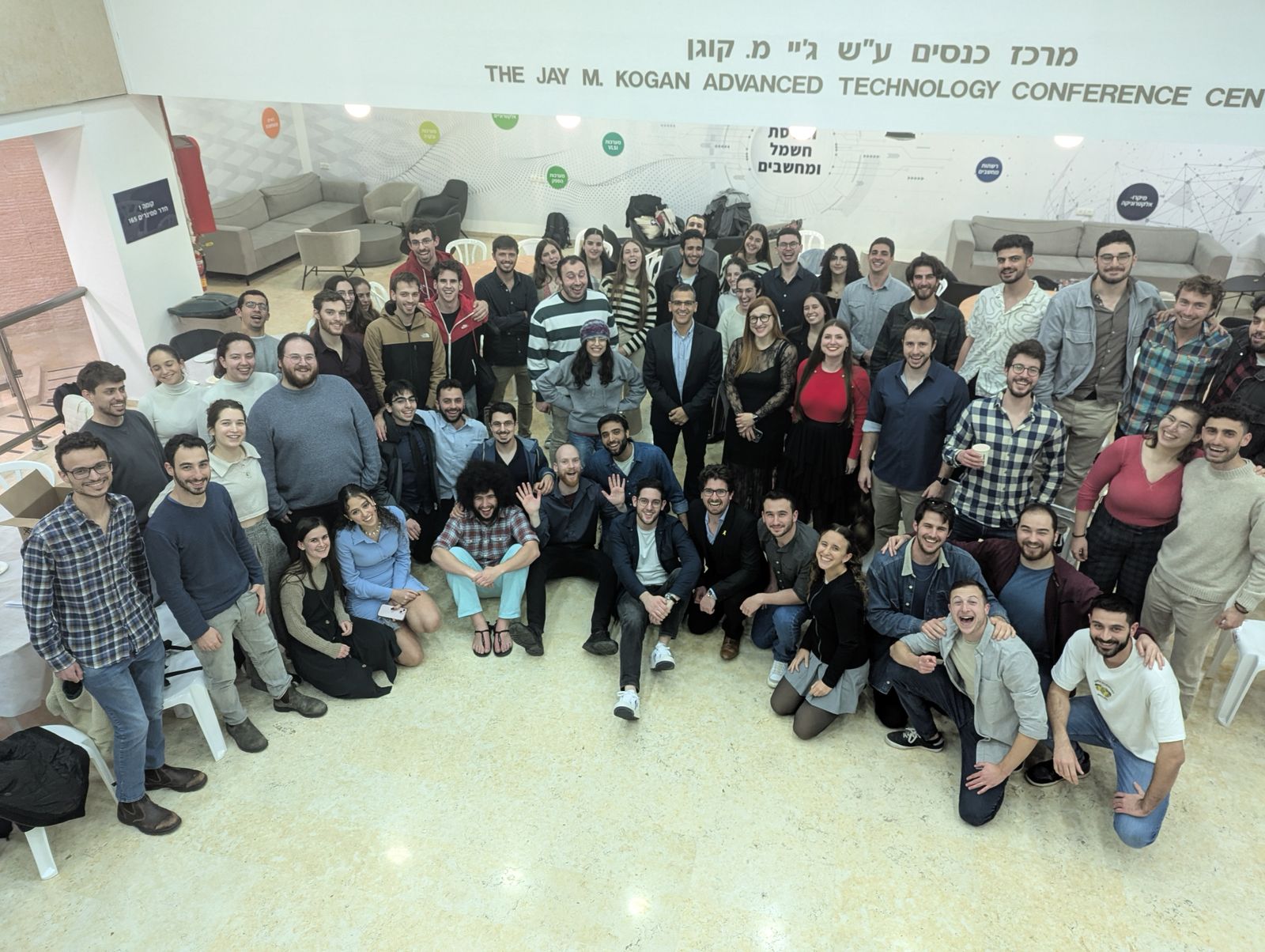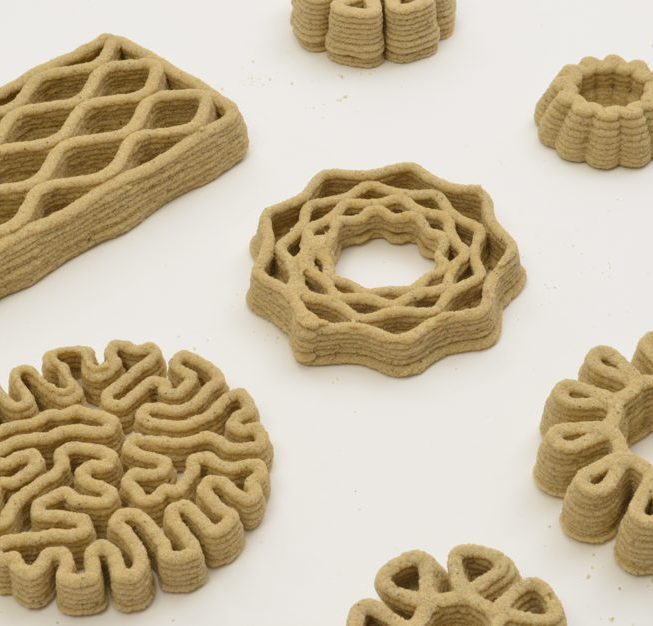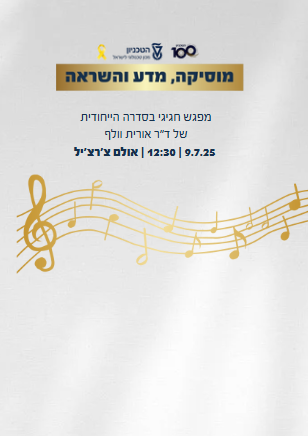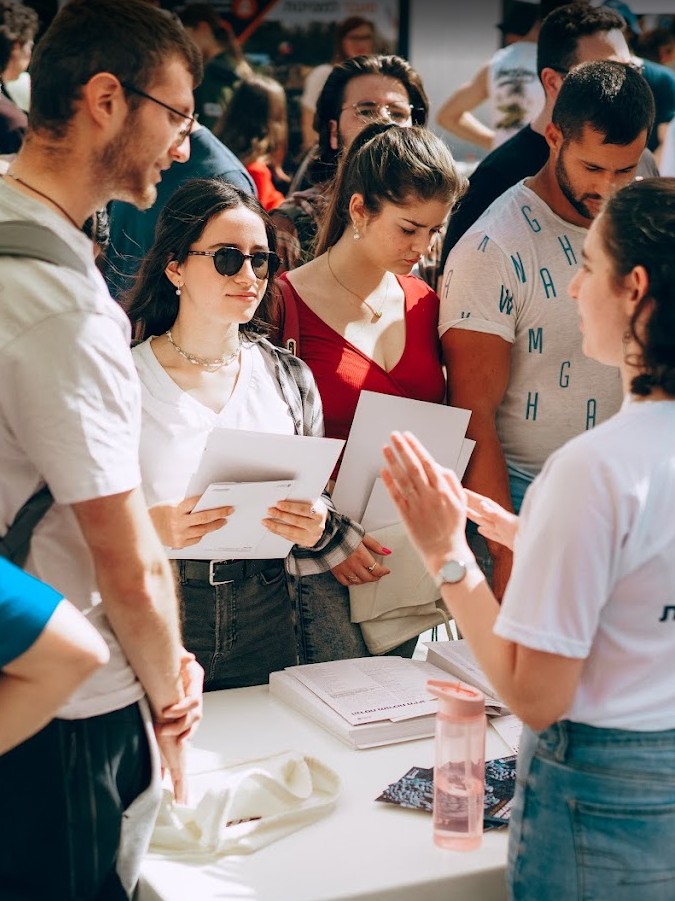מורשת הציידים-לקטים
מחקר שנערך בפקולטה להנדסת ביוטכנולוגיה ומזון בטכניון מגלה הבדל בין נשים וגברים בעיכול חלבונים ממקורות שונים

מחקר שנערך בפקולטה להנדסת ביוטכנולוגיה ומזון בטכניון מגלה הבדל בין נשים וגברים בעיכול חלבונים ממקורות שונים

הטכניון וחברת הסטארטאפ דקארט מכריזים על שיתוף פעולה אסטרטגי ומחקרי במטרה להקים מרכז מחקר משותף לתחום הבינה המלאכותית, שיחזק את יכולות המחקר, פיתוח הידע והחדשנות הטכנולוגית באקדמיה. במסגרת ההסכם תאמץ החברה את תוכנית המצוינים שתיקרא מעתה: תוכנית המצוינים טכניון-דקארט.

פרויקט טכניוני המשלב מיקרואורגניזמים בחומרי בנייה מודפסים מוצג בתערוכה היוקרתית "טריאנלה מילאנו"

מאמר סקירה בהובלת חוקרי הטכניון מציג את ההתפתחויות האחרונות בייצור מימן ירוק, שיאפשרו הרחבה דרמטית של השימוש באנרגיות מתחדשות


תערוכת "מראות מקום"
01.06.2025 ראשון, בשעה 09:00
הוספה ליומן

מוסיקה, מדע והשראה | עונה 3 מפגש 4
09.07.2025 רביעי, בשעה 12:30
הוספה ליומן

יום פתוח ב-ZOOM לפקולטה למדעי המחשב
17.07.2025 חמישי, בשעה 18:00
הוספה ליומן

יום פתוח לפקולטות המדעיות בטכניון
06.08.2025 רביעי, בשעה 09:30
הוספה ליומן
100000
בוגרים
18
פקולטות
15000
סטודנטים
60
מרכזי מחקר
ברחבי הקמפוס